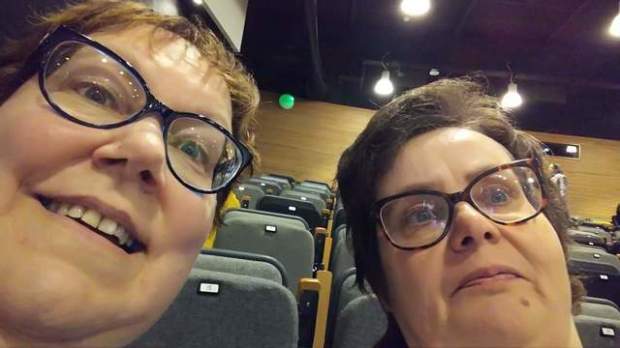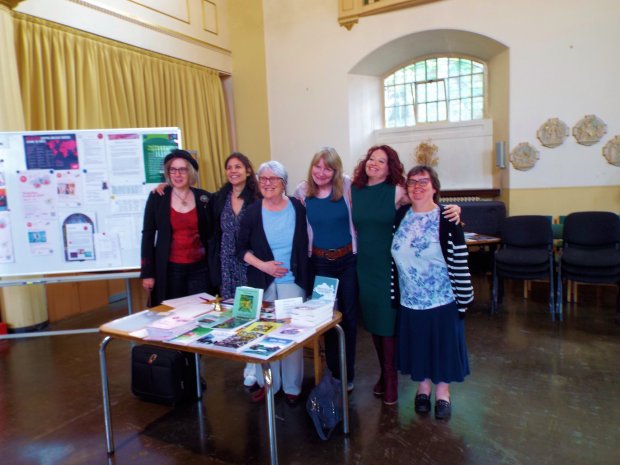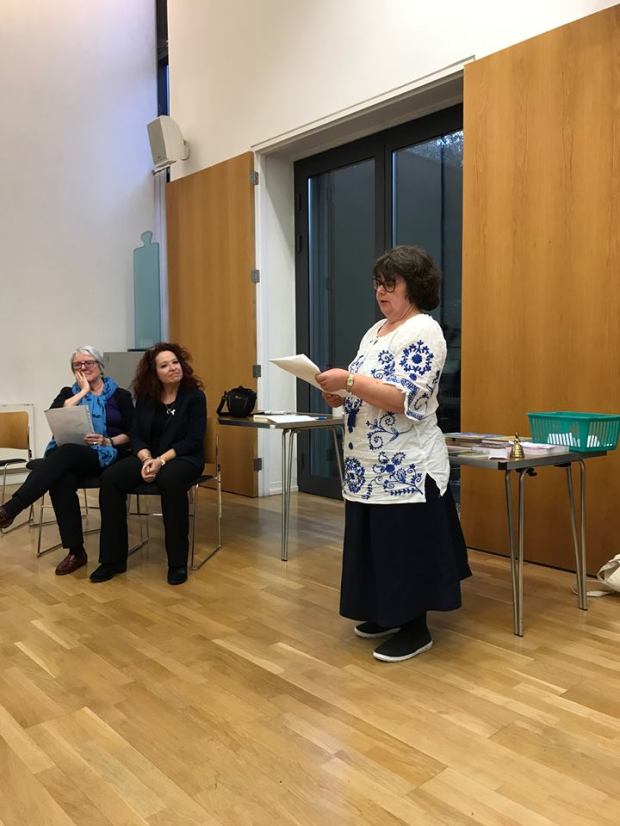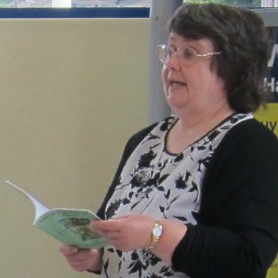Facebook – General – and Chandler’s Ford Today
My CFT post this week looks at Moments that Matter. I share some of these from a writer’s perspective but also delve into the topic from a historical viewpoint too.
Moments that matter there, for example, include George Buck finding a copy of Titulus Regius, which Henry VII had ordered destroyed. Buck’s discovery of that document led to him reassessing Richard III. No surprise really that didn’t happen until after the Tudors had gone but it was a moment that mattered!
I also discuss why we should treasure moments that matter to us but also use them to spur us on. Hope you enjoy.
Image Credit: Pixabay. Suitable captions over on CFT!
What was the first story you read that made you think “I want to be a writer”? To be honest, I can’t remember what mine was (though I always loved the Famous Five so it probably was one of those), but books like The Lord of the Rings held me in awe of what could be done (and I’m still in awe over that one, and rightly so. Tolkein’s vision is amazing).
Much as I loved (and still love) fairytales, they didn’t then inspire me to write. I don’t think it was until I was reading children’s books etc for myself that the idea of writing stories myself occurred to me.
My trigger for writing was always having it in the back of my mind to give it a go some day. The trouble with that approach is working out when some day becomes “now”. It took a significant birthday and becoming a mum to make me realise if I wanted to write, I’d better get on and do it then. My only regret now is not starting a lot sooner than I did.
You don’t realise how much there is to learn, how it takes you time to get used to rejections, getting into the habit of submitting work regularly and so on when you first start. But when all is said and done, the important thing IS to start. Then enjoy the writing journey.
My CFT post this week will be on Moments that Matter. I look at this from a personal, writer’s, and historical viewpoint amongst others. Treasuring such moments is vital but so is moving on to the next one!
I also look at how the materials we have influence how we see historical turning points in particular (and what the absence in some cases can also do. Richard III fans will know what I mean there!). Link up on Friday.
Facebook – From Light to Dark and Back Again
It’s always important that your story has a strong narrative voice, but vital in flash fiction where that is used to imply so much and to drive the tale.
You need to get into your reader’s head what your character is like very quickly. Attitudes need to be shown quickly etc. There should be a sense of having to find out what this character will do next.
I think this is one reason why I use first person a lot in flash as I can take a reader straight into the head of that character and hit the ground running.
From my Serving Up a Treat:-
“I learned ages ago not arguing saved many beatings”.
Now hopefully that will provoke curiosity as to:-
a. Who the character is.
b. Why they’ve clearly put up with something intolerable for so long.
c. There is the implication that things are about to change and you will hopefully want to find out how. (Why, I think, is pretty much spelt out).
So a lot to do with an opening line then but I love the fun of coming up with lines like this which tell me so much about the character immediately. I want to find out what happens as I tell the story and that is a good sign. You are your own first audience. If you’re not gripped by what you write, nobody else will be!
Have fun writing lines like these. See where you can take your characters. I believe that the fun a writer has in coming up with a tale does get picked up on by readers, albeit at a subsconcious level. Get them hooked!
I remain convinced that technology has helped flash fiction take off as a genre given it is so easy to read on screens. If something like that encourages people to read who hadn’t read much before, I’m all for it. Tempt in with a quick easy read and before you know it, you have them hooked on War and Peace!
Okay, maybe not, but flash fiction can make a very useful start to a love of reading… and it helps you so much as a writer. You learn to focus and your editing skills are sharpened considerably. Also, you learn to come up with ideas, more ideas, still further ideas and so on. The more you use your writing muscles, the more you develop them.
Another good way of finding out if your flash fiction piece has the “oomph” you hoped it would is to record yourself reading it out, putting that away for a while, and then listen back. If you are gripped, well done, others will be too.
I’ve long advocated reading work out loud, even if you don’t record it, as if you stumble over dialogue, others will do. It is an oddity that something which looks good written down does not necessarily “read well”. Always read it out and see for yourself.
Simple easy to read writing takes lots of editing to get to that point. I don’t believe that IS just me!
Fairytales with Bite – Should Fairytales Ever Be Funny?
Well, should fairytales ever be funny? I suppose your answer to that might be based on what you believe fairytales are for. Many, of course, give moral messages (e.g. never be unkind to an old person. In the fairytale they often turn out to be someone important and/or magical in disguise. Crossing them or being unkind is never a good move!). Other fairytales can act as warnings. Some, naturally, can do both.
My own view is where a story (of any kind) can be funny and it gets something across better that way, then do so. Truth is often more palatable when sweetened a bit and making someone laugh or smile as they take in the more serious point behind the gag does make accepting that truth easier. I’ve never seen anything wrong in “just” writing for laughs. It’s harder to do than it sounds but I’ve found the most memorable speeches/sermons/stories have all contained at least some element of humour. Humour makes it easier to remember and can be a useful tool for a writer.
Humour should never be forced. It should arise naturally out of your characters and the situations you put them in. I don’t think you can fake something to be funny. It either is or isn’t. There are topics which are not suitable for humour at all (abuse is the obvious one for me) but a fairytale which is trying to “promote” being kind, for example, could use humour to make more of an impact on a reader.
I love reading humorous prose. I find it a tonic for the soul. Given stories reflect life, and life should have humour in it, so should our tales! But it works best when it suits the material. You can’t force humour into a story where tragedy is more appropriate. Nobody went to see Romeo and Juliet for laughs for example.
Fairytales have great scope for flexibility. You have magical creatures and where there is magic, there is always the potential for it to go wrong. The consequences can be funny. Think of The Sorcerer’s Apprentice for example.
Happy – and fun – writing!
This World and Others – Moments That Matter
I discuss Moments that Matter in my CFT post this week and look at it from writing and historical perspectives amongst others. From a world building viewpoint, what are the moments that matter to you as the writer putting a fictional universe together? My thoughts are:-
- That moment it all comes “together”. The politics, the way your world is governed, how your characters react to all that finally makes sense and you write with utter conviction, knowing the parameters of your creation and testing your characters against those. (There are always rebels, though of course it does depend on your viewpoint if the rebels have a point or not!).
- When you know your lead characters inside out. You know what makes them tick, what pressures they would be vulnerable to, what would be pivotal moments for them. That’s where the stories and drama are!
- When you can visualise your world and feel it is almost as real as this one! You know the street names, where people would go for entertainment, whether there is religious/political freedom at all. You know your world to such a degree you could be quizzed intensely over it and come up with good answers!
It pays to write a list of questions you need to know the answers to and then work those answers out. Preparation work like that will save you work later. For a long piece of work like a novel, I could not write without having some sort of “map” to assist me here. Happy writing!
AMAZON AUTHOR CENTRAL PAGE
Am pleased to finally share the link to my UK page. (There is one for the US, France, Germany, and Japan too! I will share links in due course).
https://www.amazon.co.uk/-/e/B07T3HT18L?ref_=pe_584750_33951330






















































































































































































































































































































